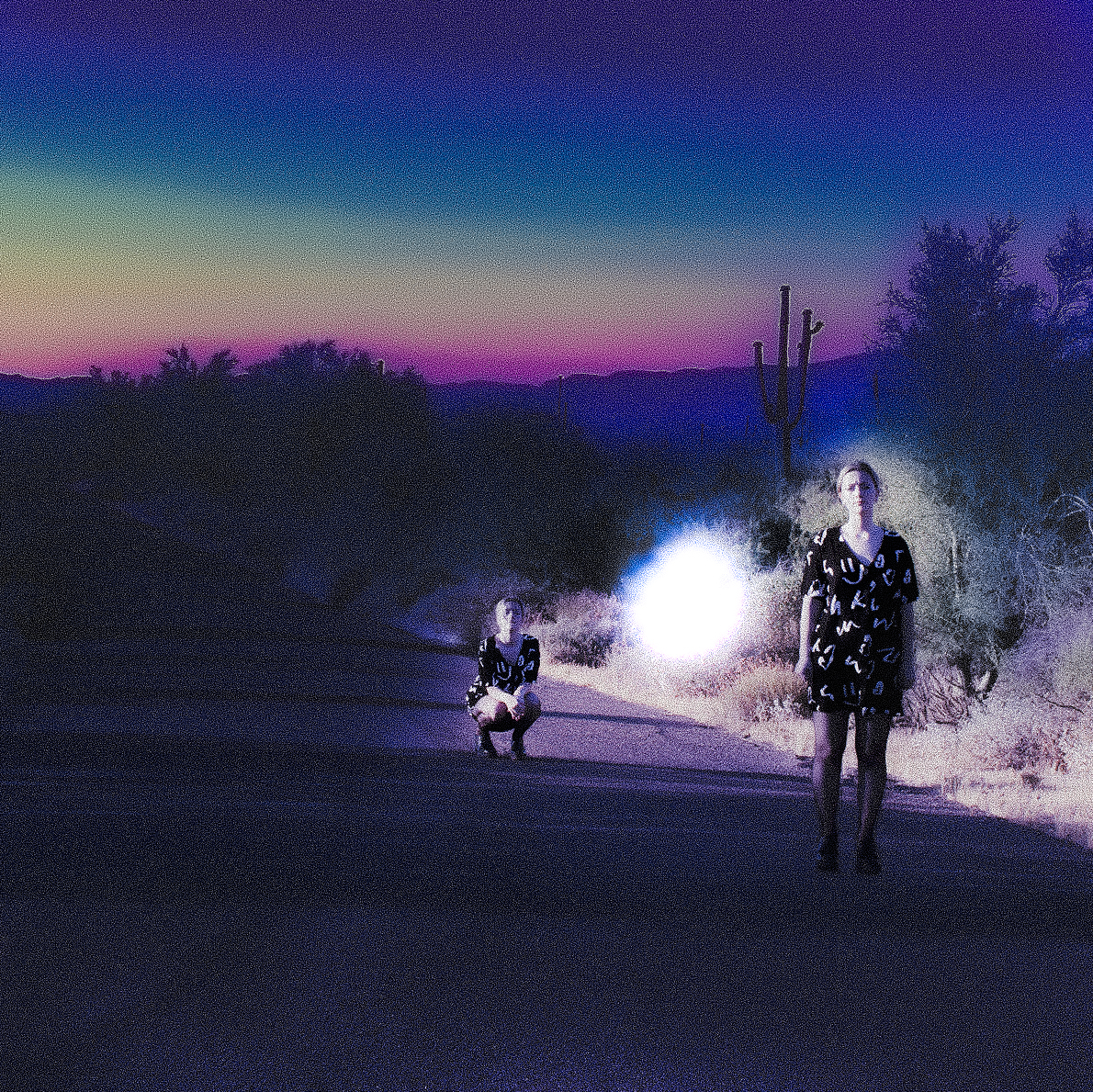As this seemingly interminable summer continues, many of Trinity’s societies have made a concerted effort to continue to organise events online. Zoom meet-ups, online workshops, and virtual classes provide a much needed distraction for students bored in lockdown or worried about the pressing uncertainty that surrounds the upcoming year. DU Players has been hugely innovative in its approach to a newly virtual society existence, both at the end of last term and now over the summer months. From social events like its Chat Shit, Make Shit online group workshop, to its popular radio drama soap opera, SugarKissAngelHill, Players has wholeheartedly thrown itself into using online resources in admirably creative ways.
DU Players’ next project is an entirely virtual festival. Organised in collaboration with DU Dance, TCD Jazz Society, and Trinity Musical Theatre Society, Resilience is a four day event, running from June 17 to June 20. It comprises over 30 performance pieces, some of which will be live on Youtube and InstagramTV, while others will be pre-recorded. Under regular circumstances, Players would usually organise an on-campus summer festival, and although it hopes to schedule something similar at a later date, the virtual festival has been created to fill that gap. In an interview with Trinity News, the new chair of Players, Ultan Pringle, acknowledged that organising online events is a challenge but, at the end of the day, “you have a society to run; you have people who need this.”
“The festival will include 57 art installation pieces, from paintings to poems to photography, all based around three themes: cockrow, undermeal and witching hour.”
The festival will also include 57 art installation pieces, from paintings to poems to photography, all based around three themes: cockrow, undermeal and witching hour. These three themes aim to place an emphasis on time — more specifically on the passage of time. To reflect this, the entire body of work will disappear after two weeks. Why? The society wants to create something ephemeral because, as Pringle explains: “that’s what theatre is: theatre is ephemeral and we’re trying to capture that feeling through a virtual hub.” Surprisingly, Players have used Tumblr as the platform to host its virtual hub. It has found that social media platforms have made it easier to share various pieces of work. The Tumblr page will be live during the four-day festival as new shows and art installations are shared. This is yet another instance of how online resources can be employed to develop new kinds of society events if we are willing to apply our creativity in the virtual world.
Moving theatre online is perhaps especially difficult. In an interview with Trinity News, Players’ Festival Coordinator, Em Ormonde, says that as a medium theatre “relies so much on you being in the room, and that visceral presence of existing with other people”. Despite these challenges, Ormonde concludes that “the determination and excitement people have shown over the past couple of months is honestly really astounding and wonderful”. The same can be said for the determination and resourcefulness, which have gone into the creation of an entirely virtual arts and theatre festival.
“Pringle expects events during the next term to be a ‘merging of virtual and physical,’ at least for as long as the Covid-19 crisis continues.”
In some cases, the online world may have advantages over the physical. As Pringle explains: “I don’t think we ever would have had the opportunity in Players to have over 80 pieces of work being developed at the one time.” This is something for societies to consider when planning for the upcoming academic year – a year that will be unlike anything the College has seen before. Pringle expects events during the next term to be a “merging of virtual and physical,” at least for as long as the Covid-19 crisis continues. For Players, this will involve an emphasis on training programmes and the possible continuation of its radio drama soap opera. Pringle remarks that there is “no point in spending all of our resources in physical productions when there’s not going to be an audience for them. It will still be an integral part of what we do, but we need to look at other ways of expanding.”
“‘It is an act of resilience just surviving right now and we wanted to celebrate that.’”
What is most important, however, is that the Players committee is continuously thinking of how to keep the society and theatre alive at Trinity, be it virtually or in person. This echoes the name of their virtual festival, Resilience. In the face of the Covid-19 crisis, resilience has been important for many of us. “It is an act of resilience just surviving right now and we wanted to celebrate that,” Pringle added.
Certainly, the festival itself is an act of resilience; rather than accepting that the society’s summer festival would be irretrievably cancelled, the Players committee have come up with a way to maintain tradition. The festival is not only important for those who will see and appreciate the art and performances, but also for those who have produced the work, in that it provides students with a creative outlet and a platform for motivational activity. As Ormonde remarked: “There’s been a sort of theme where a lot of people have spoken about how they found it really difficult to make art during this time…[but] the festival has given them something to work towards, which is really rewarding.” Despite the somewhat precarious situation we find ourselves in, it is clear from the efforts of the Players committee that the future of theatre at Trinity is in good hands.






